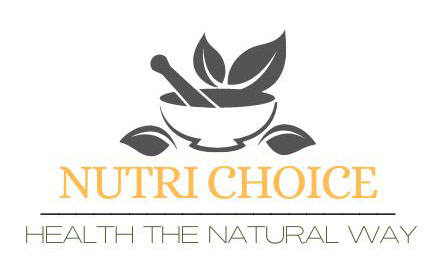 Ultimate Beginner’s Guide to Herbal Supplements
Ultimate Beginner’s Guide to Herbal Supplements
If you’re interested in improving your health naturally, herbal supplements can be a great place to start. Whether you’re looking to improve your energy levels, support your immune system, or reduce inflammation, there are herbal supplements available for almost any ailment. However, if you’re new to the world of herbal supplements, it can be overwhelming to know where to start. In this beginner’s guide to herbal supplements, we’ll cover everything you need to know to get started.
What Are Herbal Supplements?
Herbal supplements are dietary supplements that contain plant-based ingredients. These ingredients can include roots, berries, flowers, leaves, and other parts of plants. Herbal supplements can be found in many forms, including capsules, pills, powders, tinctures, and teas.
Herbal supplements have been used for centuries to support health and wellness. Many of these supplements have been studied extensively and are recognized for their medicinal properties. However, because they are not regulated by the Food and Drug Administration (FDA) like prescription drugs, it is important to research and choose high-quality herbal supplements from reputable sources.
Common Types of Herbal Supplements
There are many different types of herbal supplements available, each with their own unique benefits. Here are some of the most popular types of herbal supplements:
– Ashwagandha: This adaptogenic herb is commonly used to reduce stress and anxiety, improve cognitive function, and support energy levels and endurance.
– Echinacea: This herb is commonly used to support immune function and help prevent and treat upper respiratory infections, such as the common cold.
– Turmeric: This spice contains curcumin, which has potent anti-inflammatory and antioxidant properties. Turmeric is commonly used for joint pain, arthritis, and digestive issues.
– Ginseng: This adaptogenic herb is commonly used to support energy levels, improve mental clarity and cognitive function, and reduce stress and anxiety.
– Milk Thistle: This herb is commonly used to support liver function and detoxification.
– Holy Basil: This adaptogenic herb is commonly used to reduce stress and anxiety, improve mood, and support immune function.
Choosing Herbal Supplements
When choosing herbal supplements, it’s important to do your research and choose high-quality natural products from reputable sources. Here are some tips for choosing herbal supplements:
– Research the brand and manufacturer. Look for companies that have strong quality control processes, third-party testing, and transparency about their ingredients and manufacturing processes.
– Look for standardized extracts. This ensures that you are getting a consistent amount of active ingredients in each dose.
– Read the ingredient list. Look for supplements that use high-quality, natural ingredients and avoid additives, fillers, and artificial ingredients.
– Consider the form of the supplement. Some people prefer capsules or pills, while others may prefer tinctures, teas, or powders.
– Start with one supplement at a time. It’s a good idea to start with one supplement at a time to see how your body responds and to help identify any potential allergies or interactions.
– Consult with a healthcare provider. If you have any underlying health conditions or are taking medications, it’s important to consult with a healthcare provider before starting any new herbal supplements.
Safety and Side Effects
Herbal supplements are generally safe when used properly. However, it’s important to be aware of potential side effects and interactions. Here are some things to keep in mind:
– Follow the dosing instructions. Taking more than the recommended dose can lead to side effects.
– Be aware of potential interactions. Some herbal supplements can interact with prescription medications or other supplements. Always consult with a healthcare provider before starting any new supplement.
– Stop taking supplements if you experience side effects. If you experience any negative side effects, such as rash, headache, or stomach upset, stop taking the supplement and consult with a healthcare provider.
– Don’t use herbal supplements as a replacement for prescription medications. If you have a health condition that requires medication, continue to take your medication as prescribed and consult with a healthcare provider before starting any new supplements.
Conclusion
Herbal supplements can be a great way to support your health naturally. Whether you’re looking to reduce stress, support immune function, or improve energy levels, there is likely an herbal supplement that can help. By doing your research, choosing high-quality supplements, and consulting with a healthcare provider, you can safely and effectively incorporate herbal supplements into your overall health and wellness routine.
